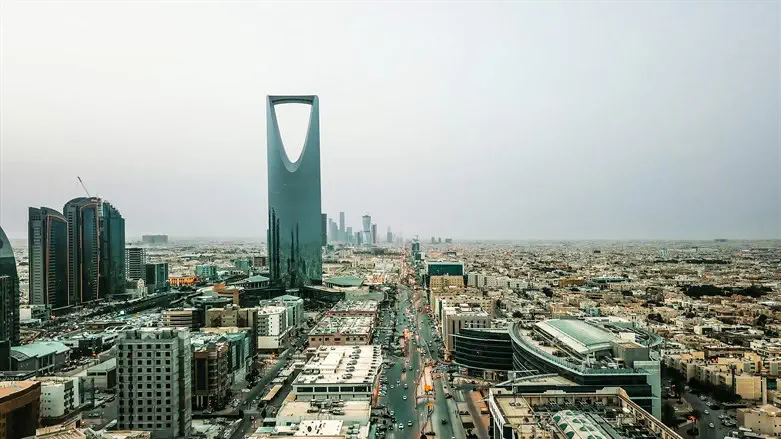
Saudi Arabia shattered records last year by executing more than 300 people, a staggering figure that exposes the kingdom’s brutal reality beneath its polished image of modernization. Crown Prince Mohammed bin Salman has carefully crafted a global narrative of reform and openness, offering flashy megaprojects, entertainment initiatives, and promises of a new Saudi Arabia. Yet at home, the state is cementing its control through fear, violence, and systemic repression. Instead of evolving into a modern state, Saudi Arabia is perfecting the art of brutal governance while selling the illusion of progress to a willing international audience.
The surge in executions is not a byproduct of instability but a deliberate strategy to crush dissent and eliminate opposition. In a country where criticizing leadership or questioning government policy can be treated as terrorism, the line between criminal behavior and political activism has been intentionally blurred.
Capital punishment is applied not only for violent offenses but also for political activism, religious dissent, and alleged crimes against the state. Trials are notoriously opaque, defense rights are routinely violated, and the use of torture to extract confessions is widespread. Saudi Arabia is not moving forward; it is reverting to a form of authoritarianism that masks brutality behind a new, modernized mask.
Vision 2030, the kingdom’s ambitious reform plan, dazzles outsiders with promises of economic diversification, women's empowerment, and a more moderate Islam. Glitzy investment conferences and high-profile sporting events create the image of a kingdom rushing toward liberalization. Yet beneath this surface, the crackdown on dissent is harsher than ever. Activists who once pushed for reforms that are now being advertised as government successes languish in prison, punished for the crime of seeking change before it was officially sanctioned.
The contradiction is glaring: Saudi Arabia wants credit for reforms while silencing the very voices that demanded them. Rather than representing genuine change, Vision 2030 increasingly looks like a sophisticated cover for a regime that is evolving only in its methods of control.
The United States, historically one of Saudi Arabia’s closest allies, remains deeply entangled in this contradiction. Despite repeated promises to prioritize human rights in foreign policy, Washington continues to arm and endorse Riyadh. Strategic justifications, from countering Iran to ensuring energy stability, are used to rationalize billions of dollars in weapons sales.
In truth, economic interests have consistently outweighed moral concerns. Saudi Arabia, knowing its strategic value, operates with near-impunity, confident that its excesses will trigger little more than symbolic condemnation. The surge in executions this year is a direct result of that impunity: a regime that understands outrage fades and business resumes.
The murder of journalist Jamal Khashoggi inside the Saudi consulate in Istanbul briefly pierced the kingdom’s international image, sparking global outrage and demands for accountability. Yet the aftermath of that brutal killing demonstrated just how short Western memory can be. Within months, business leaders returned to Saudi summits, diplomatic visits resumed, and the Saudi leadership faced no meaningful consequences.
Rather than serving as a wake-up call, the Khashoggi affair confirmed for the kingdom that brutality, when strategically applied, carries few long-term risks. Today’s rising tide of executions reflects the lessons learned from that episode: fear no real punishment from the West, so long as strategic alliances are maintained.
For the United States, this moment demands a clear-eyed reassessment of its relationship with Saudi Arabia. America’s credibility as a champion of freedom and human rights is undermined every time it embraces a regime that uses mass executions and systemic fear to rule. Strategic partnerships cannot excuse barbarism. If the U.S. continues to support Saudi Arabia without demanding meaningful reform, it risks signaling to the world that American principles are negotiable whenever enough money or oil is involved. Arms deals should be contingent on verifiable human rights improvements, not vague promises. Diplomatic engagement must come with public demands for transparency, justice, and an immediate halt to state-sponsored executions.
The 300 executions carried out in 2024 are not isolated tragedies. They are a statement of who holds power in Saudi Arabia, how it is exercised, and what the future will look like if the international community continues to prioritize convenience over conscience.
Amine Ayoub - is a policy analyst and writer based in Morocco